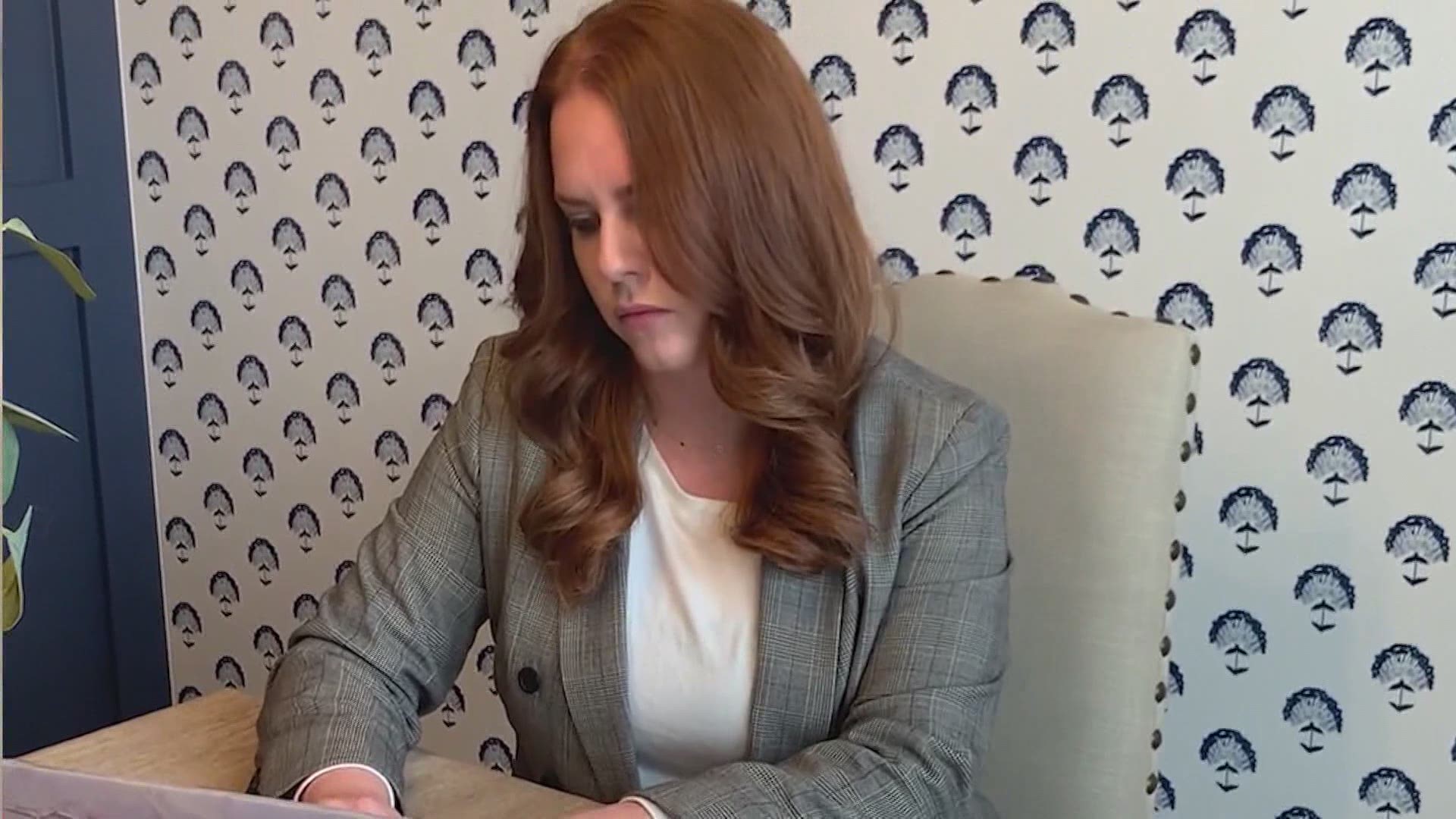NEW ORLEANS — Before the pandemic, about 16% of people worked from home.
Psychologists found, if done right, it increased job satisfaction, performance and commitment, while lowering stress.
But since the pandemic forced many people to work from home, how have opinions changed?
The masks have come off, but some work offices are still bare. And a FlexJobs survey finds working from home is growing in popularity.
“More relaxing. You don't have to get out of bed. You can do Zoom meetings from your bed,” one woman we spoke with said. “Basically, you don't have to get dressed. Put on a top and you're good to go.”
The survey finds:
- 58% remote workers would look for new job if they can't keep working from home
- 11% OK with going to the office full time
- 65% want to work from home full time
- 2% looking forward to return to office
- 66% prefer hybrid work from home & office
“I think I'm in between being home and in the office so maybe like you know, three days at home, two days in the office would be better,” the woman continued.
“I generally like being in the office. More input. I'm taking advantage of being able to work from home maybe a day a week” said one man we spoke with.
For those who have worries and anxiety about going back to the office:
- 49% fear of COVID exposure
- 46% worry about less flexibility in the office
- 43% office disrupts their work-life balance
- And some say home work is saving them money.
- 38% home work is saving $5,000 per year.
- 75% work saving them money is the top perk
- 84% not commuting is second best perk
Money is saved on gas, buying lunch out and dry cleaning.
But others like being in the work place.
“What I like really better is working like on hands with patients, working with co-workers. You get to see them you get to socialize,” said a man who works in public health.
“I prefer working in an office so I can get out, and I can be around people,” said another woman.
Some find challenges to working at home:
- 35% can't unplug after work
- 28% dealing with distractions
- 28% troubleshooting tech problems alone
- 26% getting reliable WiFi
Now time will tell how companies and employers respond.
The survey also found that 56 percent of workers have experienced burnout during the pandemic, and 39 percent say their mental health is worse.

